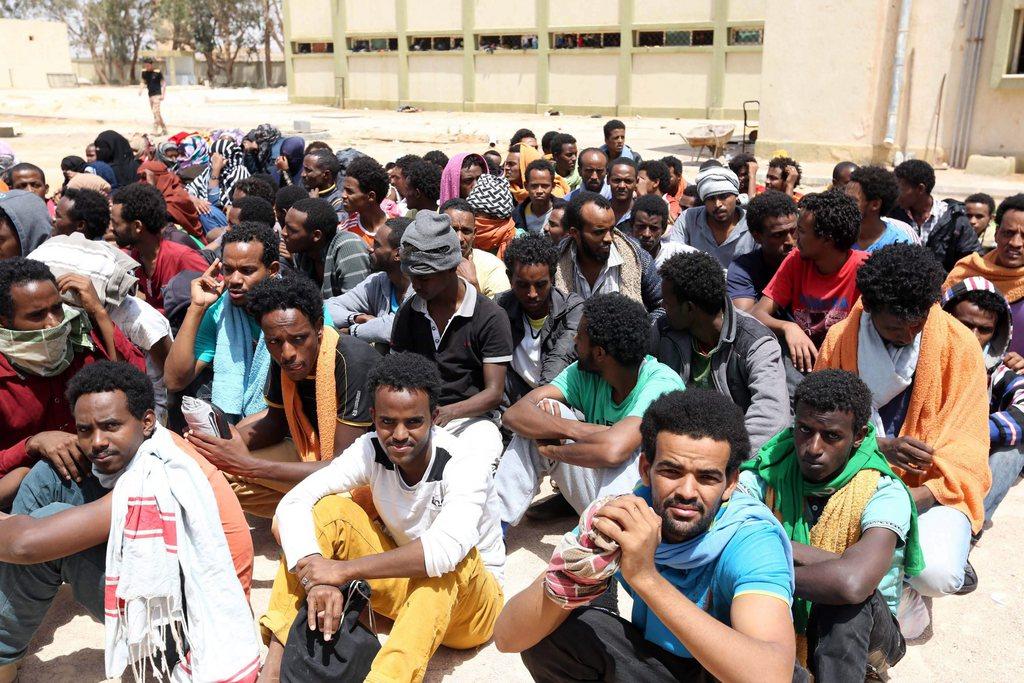
Switzerland says no to relocation of migrants from Italy and Greece

Switzerland has rejected a second asylum seeker relocation programme proposed by the European Union to relieve the burden on frontier countries like Italy and Greece.
According to the SonntagsBlick paper, a spokesperson from the State Secretariat for Migration (SEM) has confirmed that currently Switzerland has no plans to renew its commitment to accept asylum seekers from southern European countries. The Alpine nation had participated in the first such relocation programme in 2015, pledging to take in 1,500 asylum seekers from Italy and Greece. So far, 902 asylum seekers from Italy and 579 from Greece have been admitted under the first relocation programme.
The EU had launched a second relocation programme last autumn and in a letter from EU Migration Commissioner Dimitris Avramopoulos, Switzerland was also asked to accommodate as many people as possible. The request was rejected. According to the SEM, there are no longer enough people in Greece and Italy who meet the criteria for resettlement, says the articleExternal link published on Sunday. According to these criteria, the persons must have been registered by the EU migration authorities before October 2017 and have a very high chance of obtaining a positive asylum decision.

More
Libya’s migrants: Swiss role in Europe’s response

In compliance with the JTI standards
More: SWI swissinfo.ch certified by the Journalism Trust Initiative


























You can find an overview of ongoing debates with our journalists here . Please join us!
If you want to start a conversation about a topic raised in this article or want to report factual errors, email us at english@swissinfo.ch.